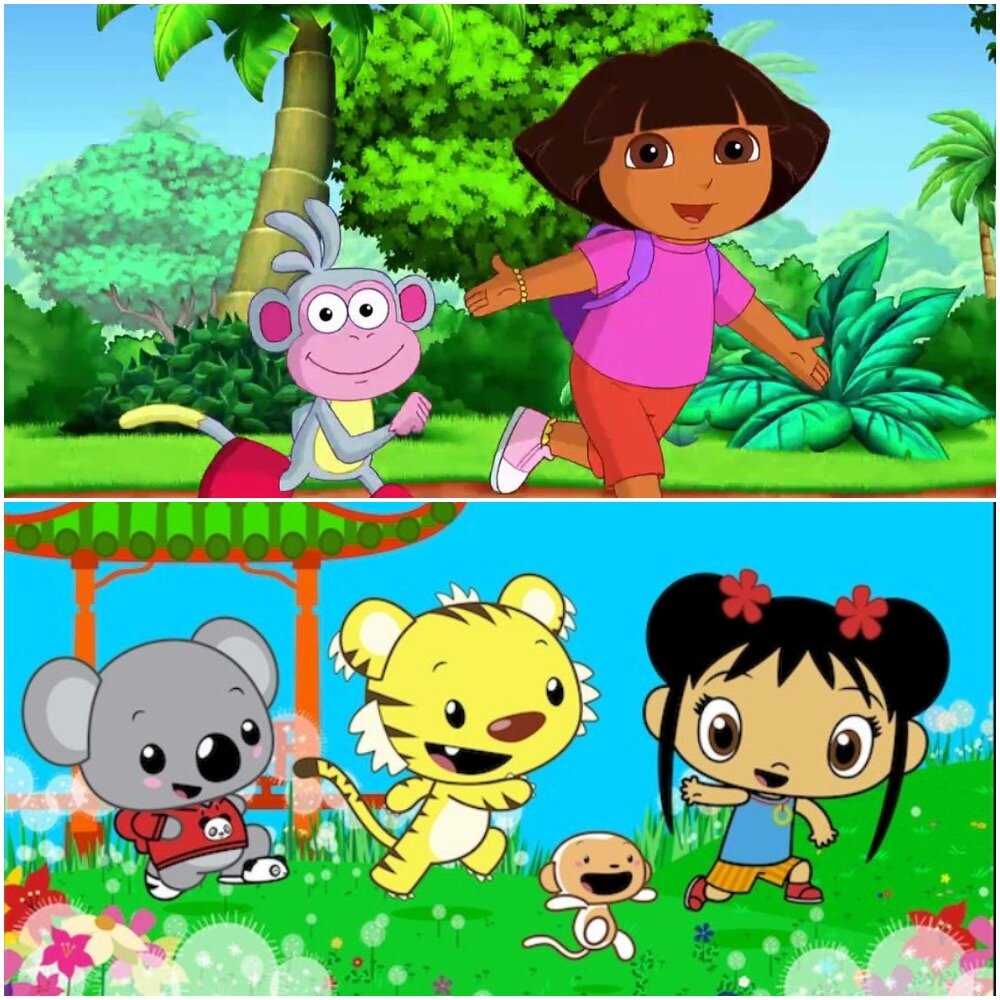Too many language learners limit themselves by the thought that a language is “too hard.” How can you blame them when they are inundated with articles and videos of “top 10 hardest languages” and “what is the most difficult language to learn”? Something so nuanced as the difficulty of languages get simplified into countdowns and outright misinformation.
Although this is for fun and views, some of the oversimplification about what is the most difficult language to learn will lead to some language learners making the wrong conclusions. Some people might stay away from certain languages because they heard many people say it is hard. However, explaining what makes languages is hard is not the same as declaring a certain language as inherently hard. It creates unrealistic expectations of the “easy” languages and exoticizes speakers of those “hard” languages. The truth is never as simple as a top 10 video.

The difficulty of language learning
Language learning is difficult. That’s a fact. For any adult, language learning requires a huge amount of effort and time. There is no such thing as an innate talent for language.
There is nothing that can make your brain memorize faster than others. It is unlikely that you can pick up a new grammar structure without learning it explicitly. That being said, some people find helpful tips to make the process smoother. Also, the experience of some learners can make them more aware of what is a waste of time and what is important. On top of that, motivation plays a crucial role in whether your brain will absorb the information at all.
That is not to say the language itself is difficult. I do not want to deny that some people have more difficult with some languages than others. That’s just denying reality. I do, however, want to bring some attention to the nuance of language difficulty.
When we talk about what makes a language hard, so many factors go into the struggle learners have.
What makes you think a language is hard?
When we talk about a particular language being hard, it is very relative. Whether you have a hard time with a language will depend on a few factors.
the languages you know
One factor is the language you already know. If you know English, languages that work similar to English will appear easier to you. This will include the Romance languages and the Germanic languages. In addition, English-speakers may have an easier time with the distantly related Greek language thanks to many loan words from Ancient Greek.
However, English has some disadvantages. English native speakers will probably have a harder time with languages that have unique grammar structures like Russian or Japanese. They are more likely to have trouble with tonal languages like Chinese or Hausa. They might have trouble with languages that are highly agglutinative like Turkish.
It is all relative.
However, if you have already learned a language similar to Russian, Japanese, Chinese, or Hausa, those languages can become easier to you. Despite your native thinking, you have already put in the effort to understand these languages more easily.
The Availability of resources
Popular languages like Spanish or Chinese will have resources all over the internet. You can find Tiktok accounts and Instagram accounts trying to teach this languages. You have an overabundance of apps catering to you. Then, off the internet, you have a huge number of local teachers willing to teach you those languages.
The same cannot be said for less popular languages. You have to go digging for resources on Hindi or Catalan. This creates an artificial environment where the language seems harder because these languages do not have a huge amount of quality resources. If there are not many eyes on this languages, there will not be a lot of teachers providing insight and expertise.
In the US, Dora the Explorer teaches viewers Spanish on a major network. On that same network, viewers can watch Ni Hao, Kai-Lan, which can teach young viewers Chinese. Most likely, Americans know at least a few basic words of Spanish. The same is not true about Vietnamese.

This active search makes learners get the feeling that they cannot learn this language without massive amounts of effort. The perception that languages are harder or easier can be traced back in large part to the existence of these resources.
I’ve made a video about how you can deal with the issue of learning languages that lack resources on my YouTube channel.
Self-imposed limits
The issue with declaring some language as “the most difficult language to learn” is the limits we place on ourselves. When people hear that a certain language is always going to be challenging, they throw that language out of their mind. Regardless of the utility of the language, people put it into the “hard-things-I-don’t-want-to-learn” box of languages.
We place restrictions on our learning based on what we think will be hard. However, this assumes that language difficulty is inherent.
I remember having this thought when I was in my first year of Japanese class. Other students (who were native speakers) complained how tough Kanji, the writing system imported from China, were. They said it’s the worst part of the test.
I did not see it that way. I never really got discouraged because it felt just like learning vocab in any other language. You need to dedicate a little time to memorizing them. Other than that, they aren’t conceptually hard. I remember thinking, “how can this writing system be hard if 1 billion Chinese people learn it, 125 million Japanese people learn it, and even uneducated farmers from 1000 years ago had some familiarity?” Those are normal people, not geniuses blessed by God with the ability to learn their crazy writing system.
We forget that real people are native speakers of “the most difficult language to learn.” It’s not fair to praise Americans for learning Chinese because it’s in the “top 10 hardest languages” listicles while deriding or condescending to the natives who learn English. That native surmounted a similar challenge that you would encounter if you learned Chinese. The idea that Chinese is impossibly hard and the idea that Chinese immigrants are stupid if they make mistakes are two completely incompatible ideas.
You are your only barrier
As far as we know, no language is off limits for our human cognition. Some will be harder based on the resources or your lack of motivation, but no human language is beyond our abilities. I try to remember this if I feel overwhelmed by a language: the language is not the issue.
If we are careful with our habits, we can learn any language, even the one that the channel “World’s Top 10’s” said was “the most difficult language to learn.”
In regards to language, the only barrier is the one we place on ourselves.
I’ve made a YouTube video (with a facetious title) on this topic on my channel. You can watch it here.
Other than this video, you can find a lot of language-related content on my channel if you are interested in learning any language.
You can also see some posts explaining tough grammar points and similar words on this blog.
Good luck in your language studies! Don’t restrict yourself. You can definitely manage “the most difficult language to learn.”